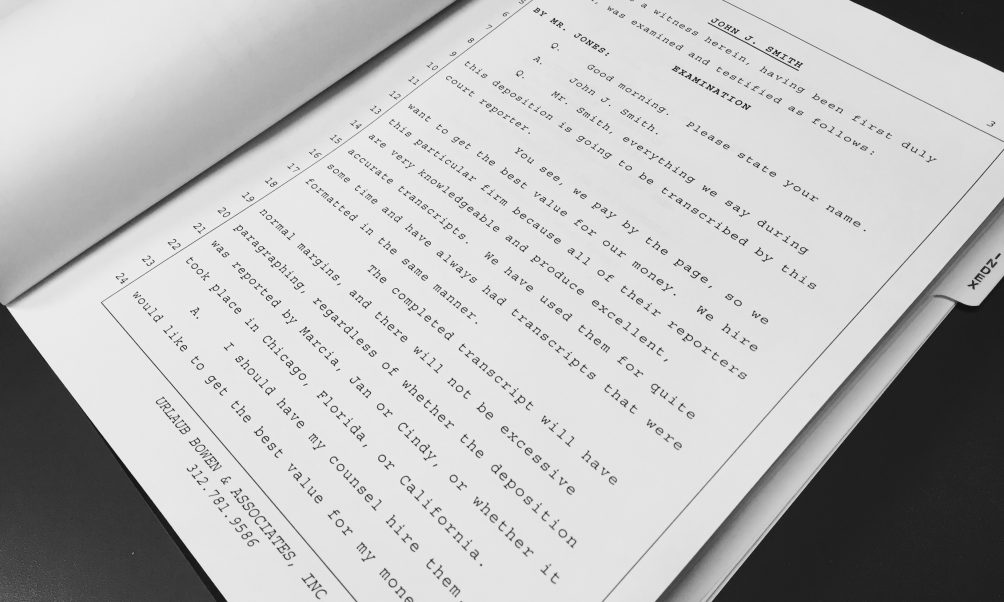
However, the reality is that defendants most often see the Judge in a criminal case as the ultimate authority.

As we have seen, with the knowledge of the potential immigration consequences, defense counsel has been successful in obtaining plea offers that mitigate the immigration consequences. In addition, as you know, it can also take a lot of time and effort adequately explain everything so that your client agrees to take a plea offer, even if it is extremely beneficial in terms of mitigating the immigration consequences. Furthermore, as a result of Padilla, criminal defense attorneys, with the help of the Regional Immigration Assistance Center, are spending an immense amount of time analyzing the potential immigration consequences of their client’s criminal charges and potential plea offers, explaining to their client the potential risks, and negotiating in an attempt to mitigate the risks.

This is often is even more difficult when the client is a noncitizen as the fear of the government and removal from the United States can cause individuals to be less forth coming with information regarding their immigration status and history. The courts obligation is to warn the defendant of the potential for immigration consequences if they are not a citizen, not to outright tell (advise) the defendant that he will be deported.Īs you know, it often takes a lot of time and effort to build a relationship with your client in which they trust you and are honest with you. The court’s sole obligation is codified at CPL 220.50(7), also known as a Peque warning, and is only a generalized statement, upon a defendant entering a guilty plea to a felony, that IF the defendant is not a citizen, then the plea of guilty MAY result in their deportation and other immigration consequences. This obligation directly relates to defense counsel’s representation alone and creates absolutely no obligation or duty for a court. 668 (2010) to affirmatively advise noncitizen clients about the immigration consequences of criminal convictions and to, whenever possible, mitigate these consequences. Everyone should be familiar with defense counsel’s obligation under Padilla v.

It has come to our attention that some Judges presiding over criminal cases in New York State are relying on the new CJI Model Colloquy in plea allocutions and are warning defendants that “ your plea of guilty will subject you to deportation.”įinally, it is not the Court’s role to provide advice regarding the immigration consequences of a particular plea.

So if you plead guilty, it must be because you are guilty and you are receiving a benefit in the plea agreement, regardless of whether you are deported, excluded from the United States, or denied naturalization. “If your deportation, exclusion from the United States or denial of naturalization is ordered, in whole or in part, because of this plea of guilty, you will not be permitted to have the plea set aside. “Do you understand that neither your attorney, nor I, nor anyone else can guarantee that you will not be deported, excluded from the United States, or denied naturalization?’ “Do you understanding that if you are not a United States citizen, your plea of guilty will subject you to deportation, exclusion from the United States, and denial of naturalization”


 0 kommentar(er)
0 kommentar(er)
